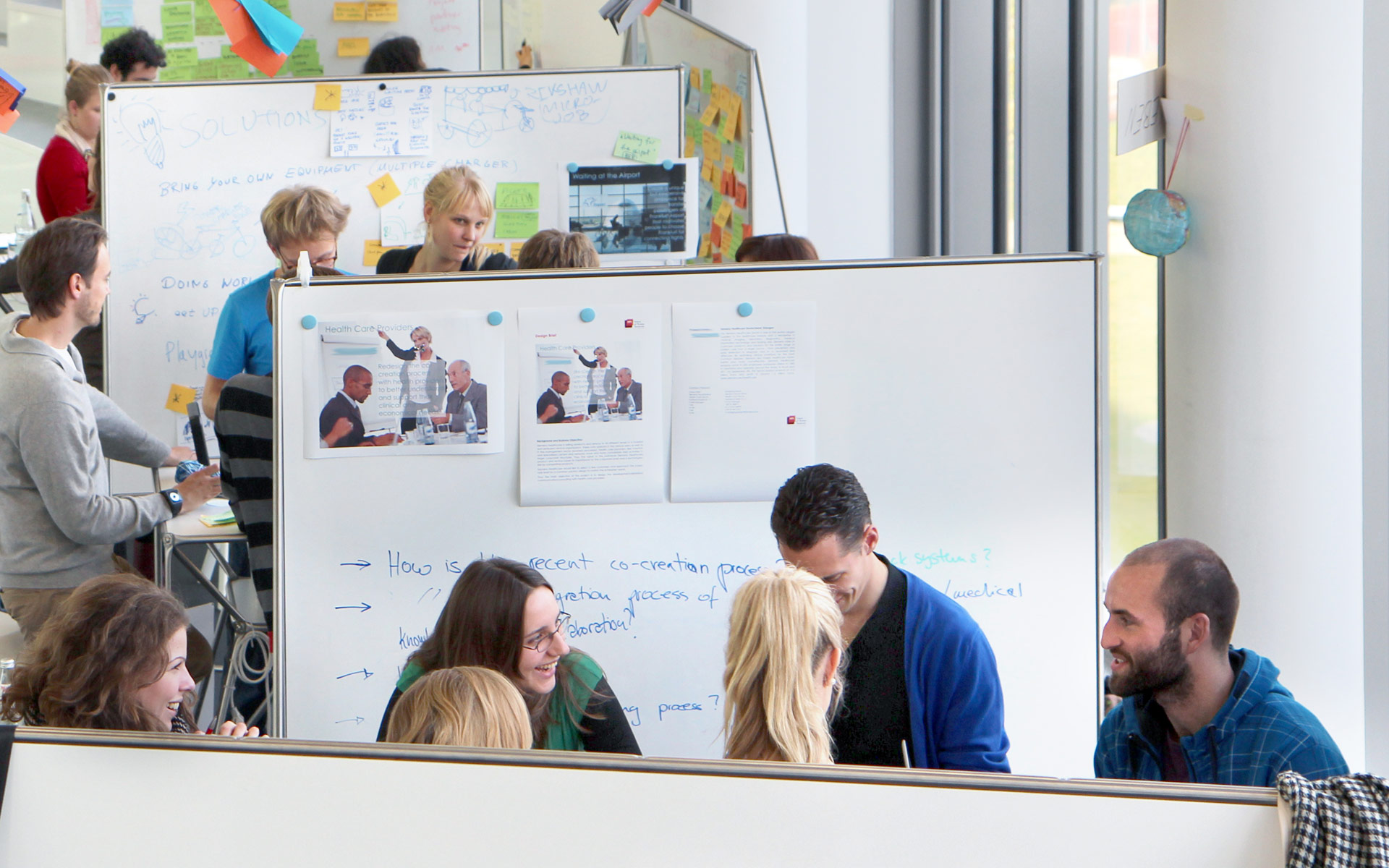PI: Professor Dr. Christoph Meinel
Abstract
This joint proposal explores the use of Tele-Board MED (TBM) to enable the co-creation of patient-centered medical record data, within the German and U.S. healthcare systems. At pre- sent, creating medical documentation is a time-consuming task for care providers, who thus have less time for seeing patients. TBM allows doctors and patients to co-create digital notes in a quick and intuitive way. Medical records are then compiled automatically. While tests have yielded most promising results, two challenges remain: (1) The vision of addressing patient and provider needs in medical documentation is very comprehensive. However, so far, TBM has only been tested in Germany, in psychotherapies. (2) There are strong innovation barriers in the medical context. Given great time pressure, care providers are reluctant to learn alternative work routines. In light of their liabilities they are also risk averse when it comes to trying novel technical solutions. Thus, it has been difficult to find care providers who would really use TBM in practice, despite of good test results. We seek to address both challenges in an intensified collaboration with our partners at Stanford. (1) TBM shall receive novel templates for pain treatments and shall be tested at Stanford Hospital in post-operative care (cf. joint proposal). Thus, the range of test experiences will be significantly expanded, from Germany to the U.S., from psychotherapy to post-operative care. (2) We seek to integrate methodologies from the field of human-computer interaction in the design thinking framework as a means to study innovation barriers on a fine- grained level and as a step-by-step approach to facilitate in- novation in the medical context.

